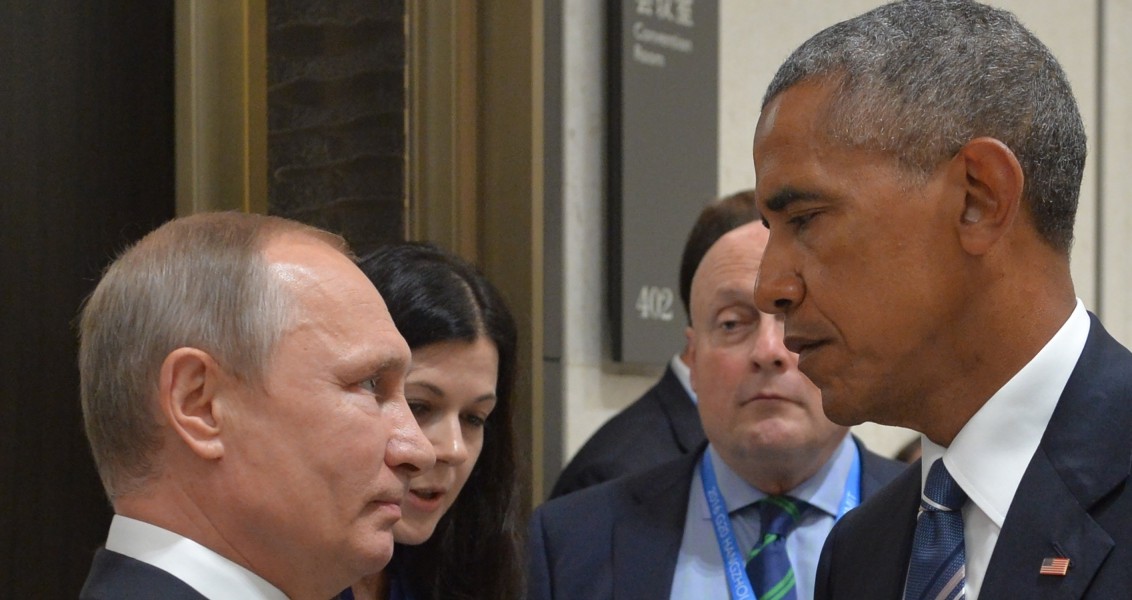
A Healthy Balance between Russia and the United States
Turkey is not trying to change teams. It is only seeking a healthy balance between Russia and the U.S.
Share
Critics of the Justice and Development Party (AK Party) government's foreign policy have two favorite words: Axis shift. Whenever Turkey experiences problems with Europe or the United States, the same pundits race each other to complain that the Turks are moving away from the West. Depending on the critic's personal politics, Turkey is imagined to slide toward Russia or the Saudi-Wahhabi camp. (The original axis shift argument emerged after Turkish President Recep Tayyip Erdoğan walked off the stage at the 2009 World Economic Forum to protest Israel's military campaign in Gaza.)The axis shift debate is not an honest geopolitical analysis but an ideological statement. It is an attempt to dictate a static foreign policy on Turkey and stop the country from trying to solve regional problems by itself.
Nowadays, the axis shift argument has become popular again, as foreign policy experts charge that Turkey is moving toward the Russia-Iran-Assad camp, citing the evacuation of Aleppo residents, ongoing efforts to broker a cease-fire agreement between Damascus and the Syrian opposition and Ankara's cooperation with Moscow after the Russian envoy's assassination in Turkey.Critics often argue that the Kremlin seeks to weaken the Western alliance by reaching out to Turkey. They also claim that the Turkish president will be more likely to bow to Moscow's demands in the wake of Russian Ambassador Andrey Karlov's untimely death.
Needless to say, the axis shift debate amounts to little more than anti-Turkey propaganda. The people who like to talk about Turkey moving away from the West fail to acknowledge that the world order is undergoing changes including the rise of populism in Europe and the U.S. and chaos looming in the Middle East. In fact, Turkey has been taking a series of steps to restore peace and stability in Syria – which could make life easier for U.S. President Donald Trump.
By launching Operation Euphrates Shield in August, the Turks adopted a more active Syria policy. The presence of Turkish troops on the ground, furthermore, strengthened Ankara's position and gave Turkey a seat at the negotiating table. As such, reducing Ankara's most recent efforts to choosing one group of nations over another or moving closer to Moscow to push Washington's buttons would be an over-simplification. Quite the contrary, the Turks finally have an opportunity to create a balance of power between Russia and the U.S. and protect their own national interests.
To be clear, Ankara's strategy paid off: Today, Turks are able to negotiate Syria with Moscow and Washington alike. They can also go over the fight against Daesh with a multitude of stakeholders, push for the inclusion of the Syrian opposition in peace talks and stress the importance of Syria's territorial integrity. With Trump in the White House, Turkey could also work more closely with the Americans to create a safe zone in northern Syria and liberate Raqqa.In other words, Turkey is not trying to change teams. It is only seeking a healthy balance between Russia and the U.S.
[Daily Sabah, December 29, 2016]
Tags »
Related Articles






